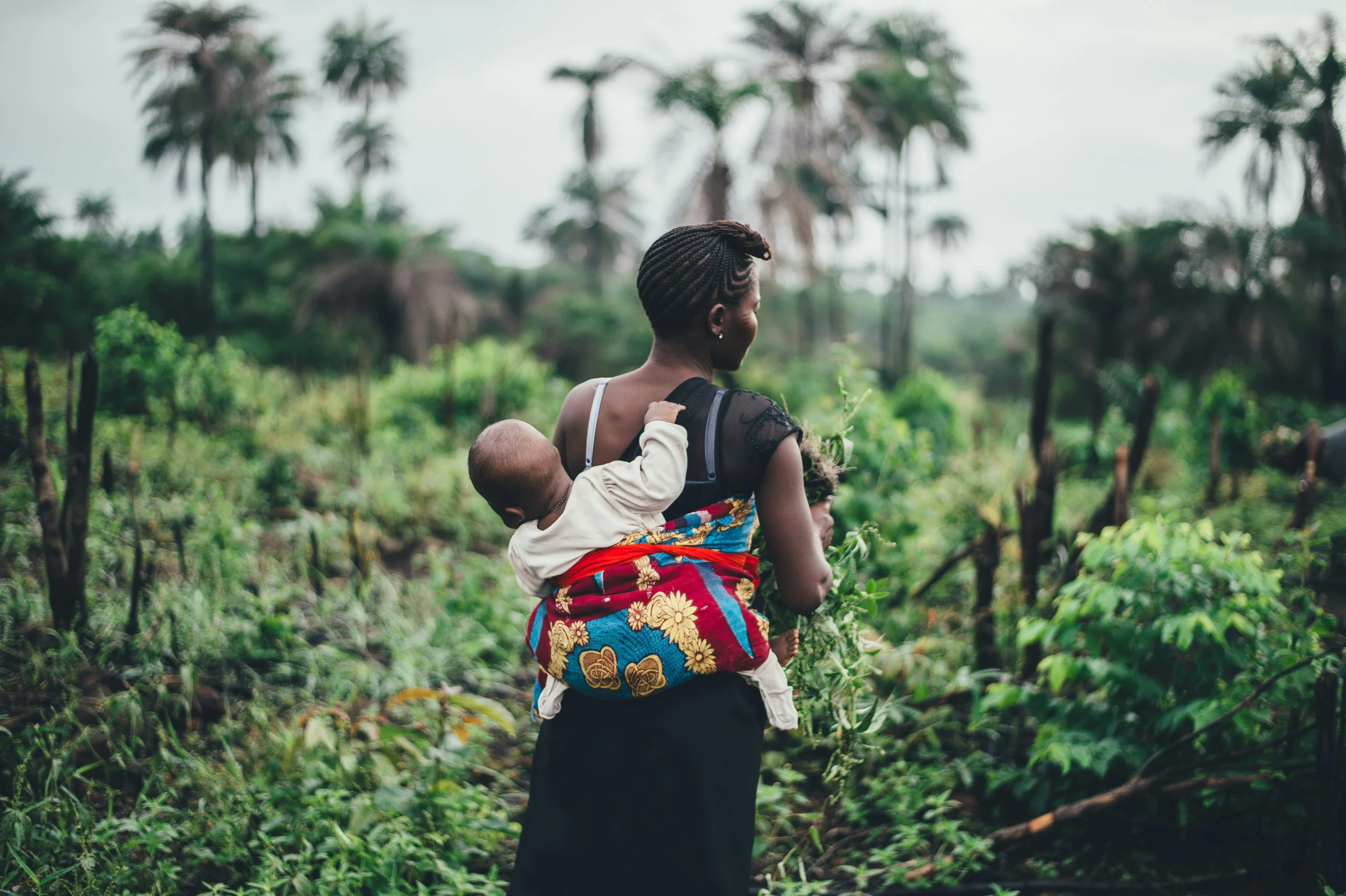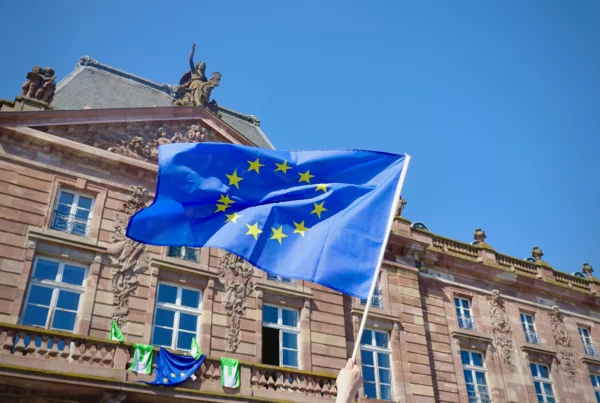Helping Sub-Saharan African cities access funding to deliver local climate and energy action plans
Sub-Saharan African cities are on the frontlines of the climate crisis. Rapid urbanisation has increased their exposure to climate risks and greenhouse gas emissions. To address this, signatories of the Covenant of Mayors in Sub-Saharan Africa (CoM SSA) are developing Sustainable Energy Access and Climate Action Plans (SEACAPs). These plans aim to foster low-carbon, resilient development while ensuring access to sustainable energy.
However, limited access to climate finance remains a major hurdle. Many local governments lack the necessary knowledge and tools to navigate the complex landscape of climate-related funding. A new publication addresses this gap by mapping out available financing instruments, eligibility criteria, and technical considerations tailored to Sub-Saharan cities.
While a range of climate finance sources exists, most are not directly accessible to local authorities, often requiring intermediaries such as national governments or development banks. To close this gap, national institutions must improve coordination, provide direct financial support, and create enabling environments for private investment. Mechanisms like Subnational Development Banks and dedicated national climate funds are also key to improving financial flows at the local level.
Development partners and the international community play a critical role by offering technical assistance for project planning, design, and implementation. With stronger multilevel cooperation, cities across the region can increase their access to climate finance and accelerate the delivery of their SEACAPs, driving both climate resilience and sustainable development.
For more information, contact:

Project Lead – Climate, Energy & Urban Development







